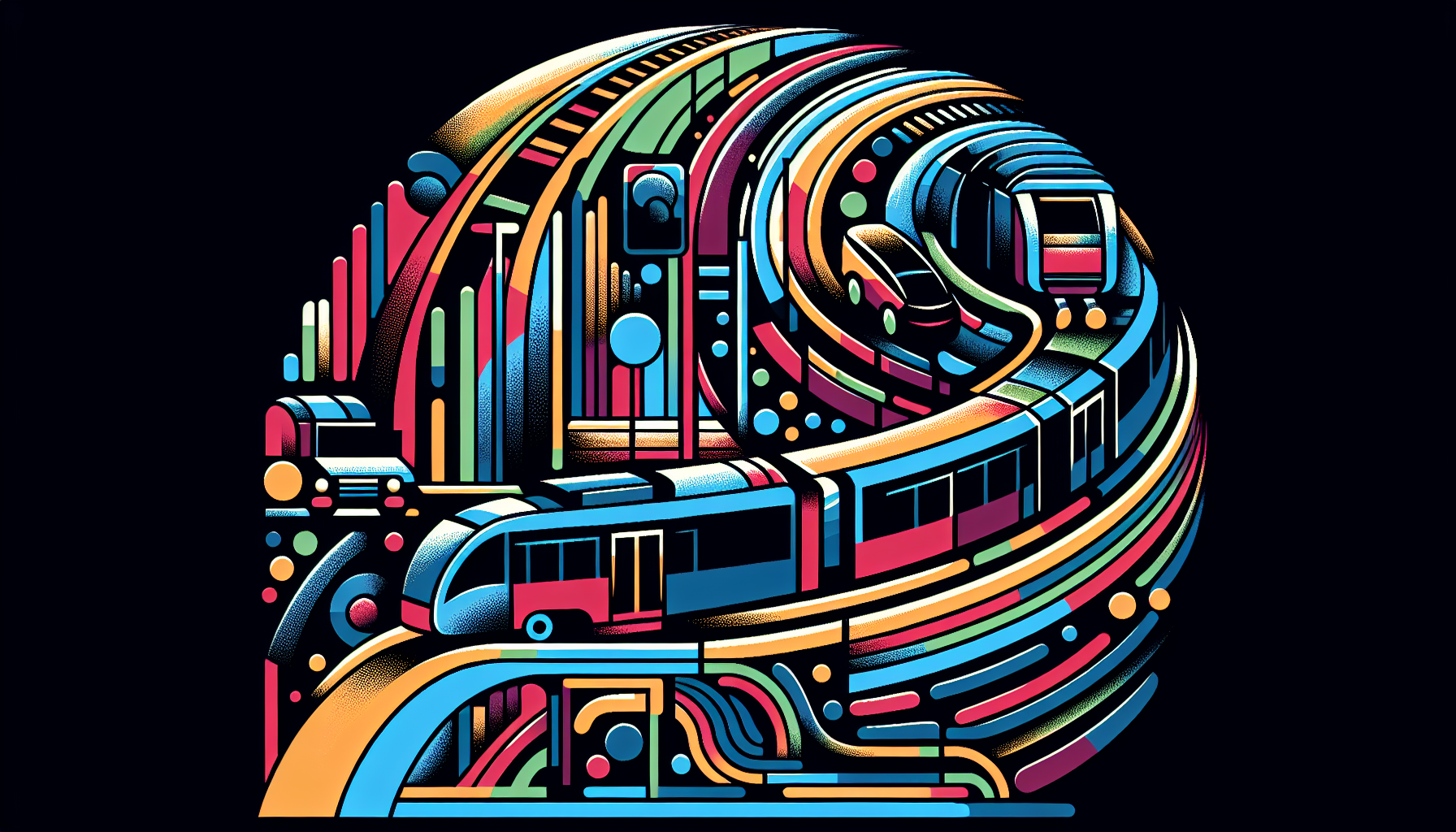Sustainable Public Transit Systems: An Imminent Necessity
Today, the rising concern for the environment is not only inciting changes in individual habits but also influencing large-scale systems like public transit.
The environmental impact of traditional fuel-driven vehicles is undeniable. As the world grows more concerned about climate change, it’s a logical step for public transit to make a shift towards renewable energy sources.
Cities worldwide are increasingly adopting electric buses, solar-powered trains, and hybrid vehicles to reduce their carbon footprint.
Electric buses, for example, produce zero emissions and are significantly quieter than their diesel counterparts. Solar-powered trains provide an excellent example of how renewable energy can efficiently power mass transportation.
Technological Innovations: Enhancing Convenience and Efficiency
In the realm of technology, innovations are transforming the face of public transit making it more convenient, efficient, and user-friendly. One of the primary technological advancements is the integration of smart technology into public transit systems. Smart ticketing systems, for instance, allow passengers to pay fares using their smartphones, eliminating the need for paper tickets and speeding up boarding times.
Furthermore, the advent of real-time tracking technology has revolutionized how passengers plan their journeys. Mobile apps now provide live updates on bus or train locations, helping commuters manage their time more effectively and reduce unnecessary waiting.
Moreover, autonomous vehicles are making their way into the public transit landscape.
While they are still in the testing phase in many cities, autonomous buses and shuttles are predicted to become a commonplace feature in the near future.
These vehicles, guided by artificial intelligence, promise increased efficiency and safety, potentially reshaping urban mobility.
The Future of Public Transit
Public transit is undoubtedly undergoing a paradigm shift, influenced by the necessity of environmental sustainability and the possibilities offered by technological advancements. The shift towards green energy solutions has not only become a social responsibility but an economic imperative. As renewable energy technology becomes more affordable and efficient, it’s expected that more transit authorities will transition towards sustainable options.
Simultaneously, as the integration of technology becomes more pervasive, it’s anticipated that public transit systems will become increasingly efficient and user-centric. The future is likely to witness more personalized, on-demand public transit services, thanks to advancements in data science and machine learning.
At this intersection of sustainability and technology, public transit stands poised for a dramatic transformation. It offers a glimpse of a future where urban mobility is not only more efficient and convenient but also kinder to the environment, aligning with global efforts towards a sustainable future.
